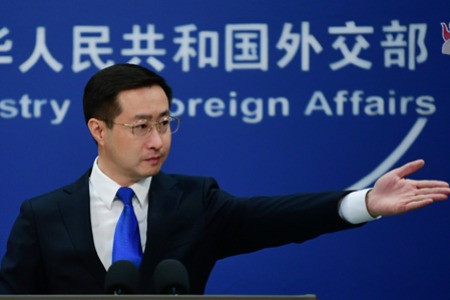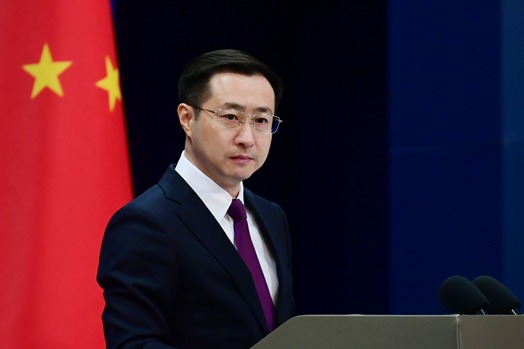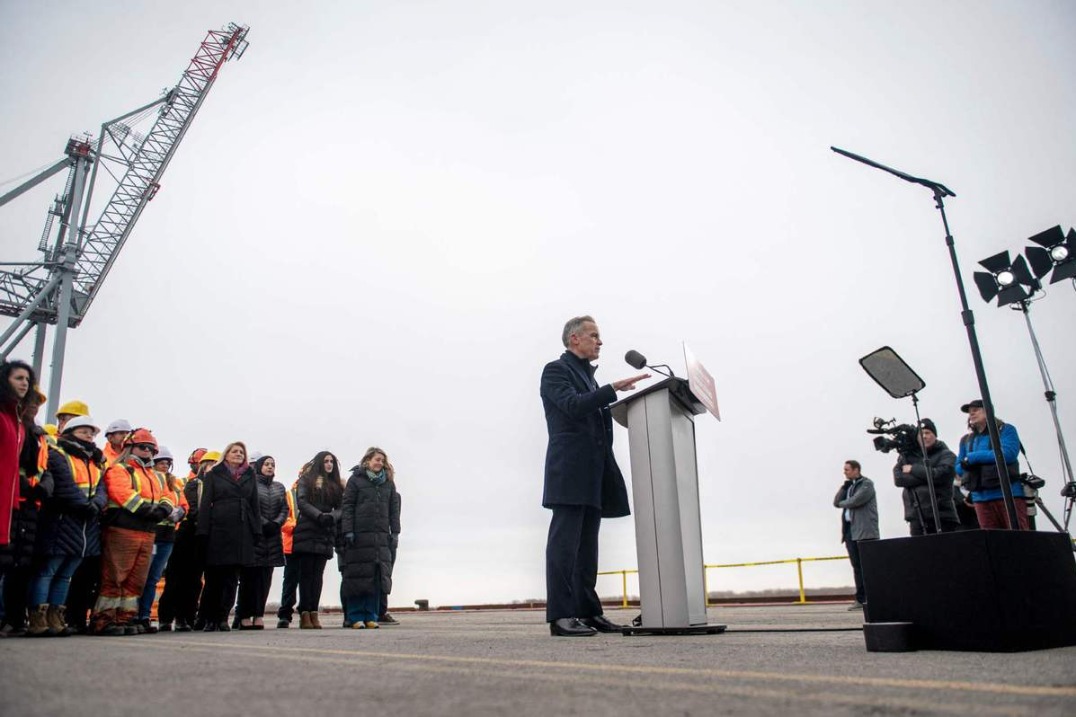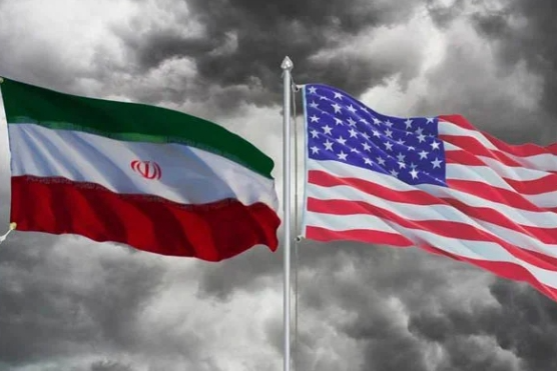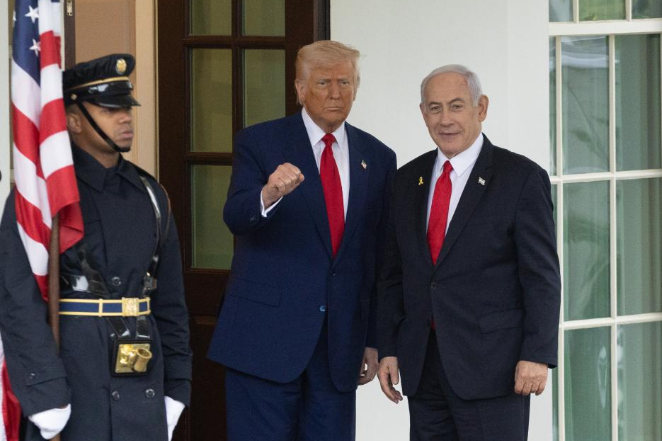Canada targets US auto imports as trade fight escalates

Canada has escalated its trade fight with the United States by slapping a 25 percent tariff on American vehicles, a move expert says is meant to protect domestic industry but could hurt both economies.
Canada's response to a 25 percent US tariff on imported vehicles could trigger a new round of trade tensions between the two countries, said Julian Karaguesian, an economics professor at McGill University.
"Prime Minister Carney had to react in the auto industry, or Canada would just be an easy target," he told China Daily.
Karaguesian, who served as a special adviser in the international trade and finance branch at the Canadian Ministry of Finance, said there's a political argument for retaliation, but it comes with risks.
"Canada's economy is highly integrated with the US, and an extended trade war would damage both," he said.
On April 3, Canadian Prime Minister Mark Carney announced that Canada would impose a 25 percent tariff on US vehicle imports that do not meet the United States-Mexico-Canada Agreement (USMCA) standards.
"We must respond with both purpose and force. We are a free, sovereign and ambitious country. We are masters in our own home," Carney said.
Canada has requested World Trade Organization dispute consultations with the United States concerning the US imposing a 25 percent duty on automobiles and automobile parts from Canada, the WTO said on Monday.
The WTO added that Canada claims the measures are inconsistent with US obligations under various provisions of the General Agreement on Tariffs and Trade (GATT) 1994.
Karaguesian said that while Canada legally has the capacity to protest such tariffs under free trade deals such as the USMCA or through the WTO, the effectiveness of those measures is uncertain.
"The problem is that trade law and trade politics don't always align," he said. "The US might not care about legal arguments if it sees a strategic benefit in imposing tariffs."
Karaguesian also said that Canada has leverage in certain sectors, such as aluminum, which he said makes up 60 percent of US imports and largely comes from Quebec.
However, he does not support retaliatory export restrictions. "We could make things difficult for the US by withholding aluminum, but that would hurt us, too," he said.
Instead, he proposed avoiding dollar-for-dollar tariffs and argued that Canada should direct procurement spending as much as possible away from US companies and towards domestic ones.
He said Trump's tariffs aim to reverse US deindustrialization, but his approach risks escalating tensions rather than rebuilding manufacturing.
"It's a zero-sum mindset that ignores shared North American interests," he said.
Automaker Stellantis announced a two-week production pause starting Monday at its Windsor, Ontario facility, citing trade-related uncertainty. The plant employs more than 3,500 workers.
The counter tariffs are expected to raise about C$8 billion, which Carney said will be used to assist Canadian workers.
Despite the challenges, Karaguesian believes Canada should prepare for all scenarios while maintaining diplomatic engagement with Washington.
"It's crucial for Canada to be firm but pragmatic," he said. "Retaliation should be a last resort, not the first move.
"We've been through trade battles before, and we'll get through them again," he said. "The key is to stay strategic and avoid unnecessary escalation."
Karaguesian said that collaboration with industry leaders and international allies will be essential.
"This tension gives us a chance to reshape our economy, trade globally and be less dependent on the US," he said.
"The G20 nations should sit down and discuss how to maintain balanced trade," he said. "Everyone needs manufacturing, and we need solutions that don't spark retaliation.
"At the end of the day, the goal should be to protect Canadian jobs and industries," he said. "But that doesn't mean walking into a trade war blindly. Smart diplomacy will be just as important as tough negotiations."
















